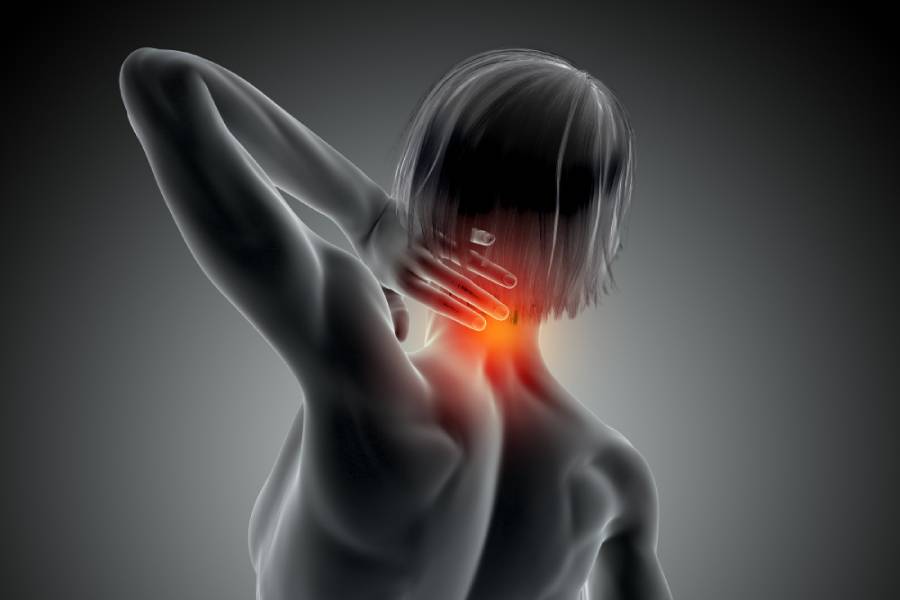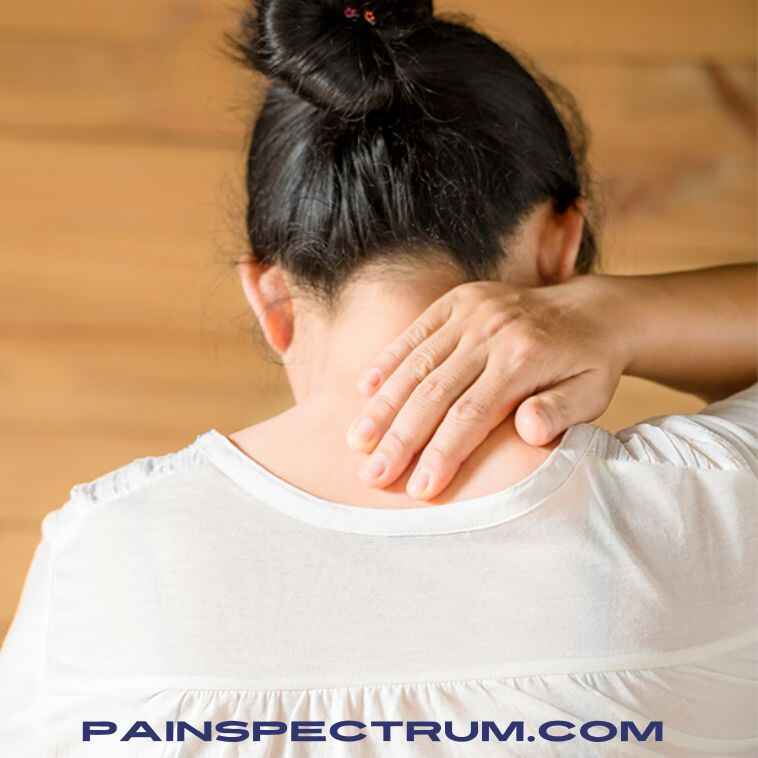
Pain in the Neck NYT Mini: Medical Perspective
Last updated on February 5th, 2026 at 12:52 pm
Pain in the Neck NYT Mini: Medical Perspective: The New York Times Mini Crossword, affectionately known as the NYT Mini has become a daily ritual for many. However, for some this seemingly harmless activity has turned into a literal pain in the neck. In this comprehensive article, we will explore the medical implications of this popular pastime, including ergonomic considerations, mental health impacts, and strategies for mitigating physical discomfort.
Read More: Axial Neck Pain
Table of Contents
Introduction
Pain in the NYT Mini Crossword is a quick, engaging puzzle designed to be solved in under five minutes. While it offers a satisfying mental workout, its addictive nature and the physical strain from prolonged puzzle-solving can lead to neck pain and other ergonomic issues.

History of the NYT Mini Crossword
The New York Times introduced the Mini Crossword in 2014, created by Joel Fagliano. It was designed to provide a short yet challenging puzzle experience that could be completed during a coffee break or commute. The Mini quickly gained popularity due to its accessibility and clever clues.
Key Milestones
- 2014: Launch of the NYT Mini Crossword.
- 2015: Gained widespread popularity and a dedicated following.
- 2018: Introduced digital sharing features, enhancing social interaction.
The Allure of the Mini
Quick and Accessible
The primary allure of the NYT Mini Crossword lies in its brevity. Solvers can complete it in a few minutes, making it an appealing quick mental exercise.
Clever Clues
The Mini Crossword is known for its clever and sometimes tricky clues, providing a satisfying challenge without being too frustrating.
Sense of Accomplishment
Completing the Mini Crossword provides a quick sense of accomplishment, boosting mood and offering a positive start to the day.
Pain in the Neck Phenomenon

Addictive Nature
The Mini Crossword’s addictive nature can turn it from a delightful pastime into a daily necessity. This can lead to prolonged periods of poor posture, resulting in neck and shoulder pain.
Physical Discomfort
Extended use of smartphones, tablets, or computers while solving the puzzles can lead to neck strain, eye strain, and other ergonomic issues.
Ergonomic Considerations
Proper Posture
Maintaining proper posture while solving puzzles is crucial. This includes sitting upright with your feet flat on the floor, keeping the device at eye level, and avoiding slouching.
Ergonomic Devices
Using ergonomic devices such as stands for tablets or adjustable desks can help reduce physical strain. Additionally, ensuring that your workspace is well-lit can reduce eye strain.
Regular Breaks
Taking regular breaks to stretch and move around can help alleviate physical discomfort. It’s recommended to follow the 20-20-20 rule: every 20 minutes, take a 20-second break and look at something 20 feet away.
Mental Health Impacts
Cognitive Benefits
Engaging in puzzles like the NYT Mini Crossword can have positive cognitive benefits, such as improved memory, problem-solving skills, and mental agility.
Stress Relief
Solving puzzles can relieve stress, providing a break from daily worries and allowing you to focus on a fun, engaging activity.
Potential Stressors
However, the competitive aspect and pressure to improve solving times can sometimes lead to stress and frustration. It’s important to balance the joy of solving with the pressure of performance.
Strategies for Reducing Discomfort
Set Personal Goals
Focus on improving your own time rather than competing with others. Celebrate your progress and enjoy the journey.
Take Breaks
It’s okay to skip a day. The Mini will be there tomorrow, and taking a break can improve your performance when you return.
Join Supportive Communities
Find groups or forums that emphasize fun and support over competition. Share your successes and frustrations in a positive environment.
Remember the Joy
At its core, the Mini Crossword is meant to be fun. If it starts to feel like a chore, take a step back and remind yourself why you started solving it in the first place.
The Role of Daily Puzzles in Cognitive Health
Mental Exercise
Solving puzzles daily is a great way to keep your mind sharp. It improves cognitive functions such as memory, problem-solving skills, and concentration.
Stress Relief
Engaging in puzzles can be a form of stress relief. It provides a break from daily worries and allows you to focus on a fun, engaging activity.
Sense of Accomplishment
Completing a puzzle provides a sense of accomplishment, boosting your mood and self-esteem.
Social Interaction
Participating in online communities and sharing solving times with friends adds a social element to the puzzle-solving experience.
FAQ
1. What is the NYT Mini Crossword?
The NYT Mini Crossword is a smaller, quicker version of the traditional New York Times Crossword, designed to be completed in a few minutes.
2. Who created the NYT Mini Crossword?
Joel Fagliano created the NYT Mini Crossword, which was launched in 2014.
3. Why is it called a pain in the neck?
The Mini Crossword is humorously called a pain in the neck due to its addictive nature and the physical strain from prolonged puzzle-solving.
4. How can I improve my solving time?
Practice regularly, learn common clues, use crossword apps, and study past puzzles to improve your solving time.
5. Is there a community for Mini Crossword enthusiasts?
Yes, there are online forums, social media groups, and dedicated apps where Mini Crossword fans gather to discuss puzzles and share solving strategies.
6. Can solving puzzles daily benefit my mental health?
Yes, solving puzzles daily can improve cognitive functions, relieve stress, and give a sense of accomplishment.
7. What should I do if the Mini Crossword starts to feel stressful?
Take breaks, set personal goals, join supportive communities, and remember to enjoy the puzzle-solving experience.
Conclusion
The NYT Mini Crossword is a remarkable example of how a small, daily challenge can become an integral part of our lives. While it may sometimes feel like a pain in the neck, its ability to engage, entertain, and connect us is unparalleled.
By finding the right balance between challenge and enjoyment, and by adopting proper ergonomic practices, we can ensure that this tiny puzzle remains a delightful and healthy part of our daily routine. So, next time you tackle the Mini, take a deep breath, smile, and remember—it’s all in good fun.


